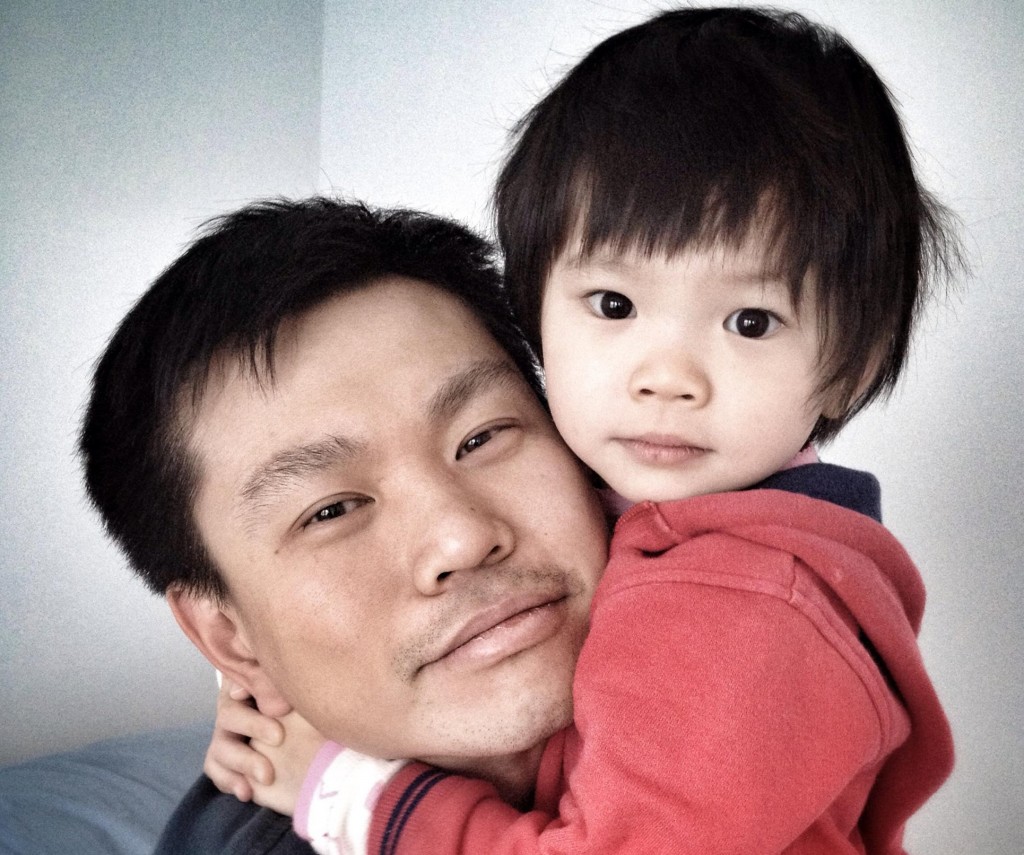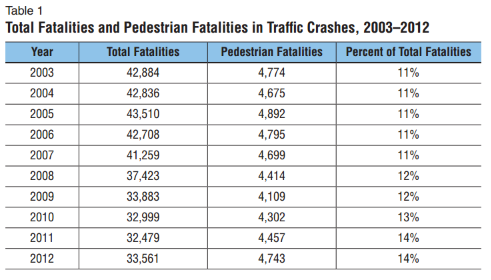
On October 7th Allison Liao, a three year old child, was killed while walking in a crosswalk, holding hands with her grandmother. Allison’s death was not a crime. The motorist was allowed to drive away from the scene and shockingly received only 2 tickets (with a maximum fine of $300) which were later dismissed.
The tickets were thrown out during the adjudication process; a process that allows drivers to dispute their responsibility in traffic incidents. This process primarily relies on the testimony of the driver.
Unbelievably, Allison Liao was killed by a driver who will not even end up paying a ticket. Her family is still grieving but also trying to use this disaster to shine a light on the unjust laws that enabled this tragedy.
Car Culture
Buying my first car as a teenager was exciting and liberating. I grew up in a place where there was very little to do within walking or biking distance. I had to drive to school, to extra curricular activities, to friends’ homes and to work. Virtually everything I did required a car. Needless to say, when I could drive, rather than relying on someone else, I felt a lot of freedom and that feeling ultimately made me fond of my car.
The feeling of opportunity is culturally connected to car ownership and driving. You can see the idea that cars help us achieve our desires in countless commercials. For example:
https://www.youtube.com/watch?v=qGJSI48gkFc
Or if those desires don’t fit your view of the world, Ford can provide a car that fits your green, social justice, entrepreneurial spirit.
But we don’t need commercials to tell us that cars help us do what we want. We know this from experience. Cars allow us to see friends, get to work, buy groceries and all the other tasks of daily life. Unfortunately, many people’s lives require owning a car in order to do these activities.
Power and Responsibility
Simply because life may require driving doesn’t dissolve or lessen the responsibility of car ownership. Driving is a mundane chore that frequently results in tragedy. In fact, it is the most serious activity in most people’s lives. Cars are a powerful tool that can, and do, end lives. There are over 30,000 fatalities every year connected to motor vehicles. Allison Liao is just one example in an ocean of tragedy. Additionally, pedestrian fatalities have been rising:

It’s impossible to know for sure but evidence suggests many, if not most, pedestrian deaths don’t result in charges, let alone criminal charges. This holds true even if the pedestrian was in a crosswalk or the driver was found at fault. This leaves many people wondering why drivers get away with murder. The short answer, it’s legal.
Driving a car entails wielding a lot of power over the safety of others. No one wants to live in a world in which those that have power can wield that power without consequence. As Allison’s grieving father said:
We must no longer trivialize reckless driving by calling these deaths accidents
In practicality, this means there must be criminal charges when someone following the law is killed by a driver, even if that driver made a mistake that we can imagine making ourselves. In order for this to happen, we need to change the law. If you’d like, you can watch his Allison’s father speaking in support of a law that would solve this problem. The video is heart-rending and graphic.

Owen Pickford
Owen is a solutions engineer for a software company. He has an amateur interest in urban policy, focusing on housing. His primary mode is a bicycle but isn't ashamed of riding down the hill and taking the bus back up. Feel free to tweet at him: @pickovven.

